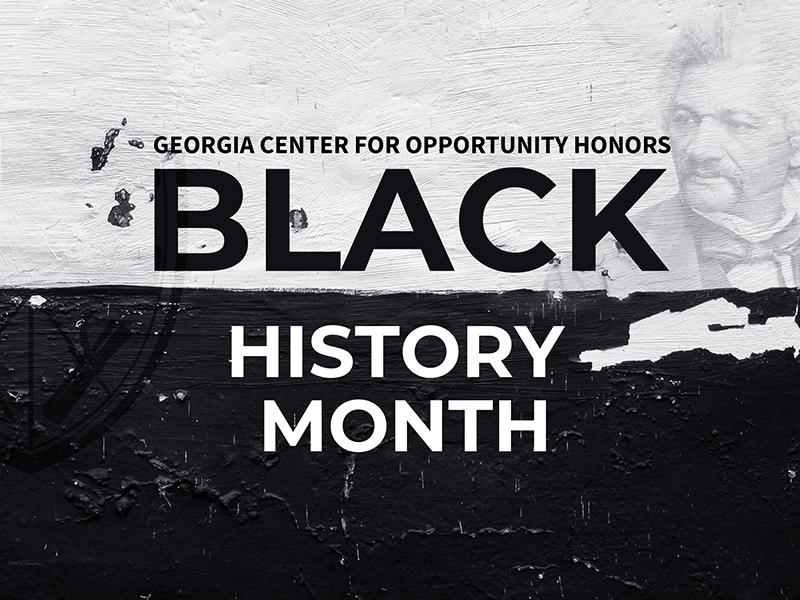
Property Confiscation And The Risk Of Discrimination
Property Confiscation And The Risk Of Discrimination
We need to discuss an underlying issue around the topic of civil asset forfeiture and why there is need for strong oversight and transparency.
We have discussed what civil asset forfeiture is in a previous blog post but here is a reminder:
Civil asset forfeiture is a process in which law enforcement officers take assets from persons suspected of involvement with crime or illegal activity without necessarily charging the owners with wrongdoing.
While efforts need to be made to keep all parties involved accountable and transparent, we must also consider the undue burden this puts on the most vulnerable communities, particularly those in poverty. Once we understand how burdensome this can be on these communities, then we can better address shortcomings of the system to make sure it helps fight crime in these communities.
An Open Door To Discrimination
With civil asset forfeiture, you (or technically your seized property) are guilty until you prove your innocence. This is in direct opposition to the spirit of the judicial system’s design in that someone is innocent until proven guilty.
With civil asset forfeiture YOU bear the burden to fight back through the legal system. This process can result in weeks or even months of legal disputes and red tape. While that would be a burden on any citizen, it could potentially be devastating to someone struggling in poverty.
Civil Asset Forfeiture in Georgia
An Overwhelming Impact
 Imagine being pulled over and your car being confiscated by police. For anyone this would be an annoyance, but imagine you are someone in poverty. You likely don’t have access to the same network of friends or family members to help you get to your job. You also likely have less flexibility with your work schedule or working remotely.
Imagine being pulled over and your car being confiscated by police. For anyone this would be an annoyance, but imagine you are someone in poverty. You likely don’t have access to the same network of friends or family members to help you get to your job. You also likely have less flexibility with your work schedule or working remotely.
When your forfeiture court date is set, it would likely be set during regular business hours. For an individual paid by the hour, this could mean lost wages. Depending on the value of the confiscated item, you would want to fight to get back your personal property.
Compounding the issue, is that you are asked to attend a court hearing for your forfeiture case. You are not obligated to attend it, but your side of the story will not be heard if you do not attend. As expected, these court times are set during regular business hours. This could time-off from your job to contest the confiscation during regular work hours.
While some would want to hire legal support to fight the case, those struggling are not likely to have the expendable income to fight the case.
For anyone this could be problematic, but for someone already striving to simply get by, this could be devastating.
Removing The Burden
This is why usage of well-intentioned systems, like civil asset forfeiture, require oversight and transparency. In Georgia this is done via a reporting website by a third-party. Sadly from our research on Georgia’s reporting, efforts to keep confiscation in the public eye has resulted in bureaucracy and mishandled reports.
Our hope is that if such laws are necessary to fight crime efficiently, as many police officials argue they are, than transparency and accountability must remain a top priority.


 Why is property confiscated?
Why is property confiscated?




 Gertrude’s story really typified the reasons why. She was born less than thirty years after the conclusion of the Civil War, during the presidential administration of Grover Cleveland—at a time when African Americans were often kept from voting and subjected to unspeakable abuses. Her life had overlapped those of many of America’s (and history’s) great black leaders, like Frederick Douglass (he died about six weeks prior to Baines’ first birthday), W.E.B. Dubois, Booker T. Washington, George Washington Carver, and Martin Luther King, Jr.
Gertrude’s story really typified the reasons why. She was born less than thirty years after the conclusion of the Civil War, during the presidential administration of Grover Cleveland—at a time when African Americans were often kept from voting and subjected to unspeakable abuses. Her life had overlapped those of many of America’s (and history’s) great black leaders, like Frederick Douglass (he died about six weeks prior to Baines’ first birthday), W.E.B. Dubois, Booker T. Washington, George Washington Carver, and Martin Luther King, Jr.
